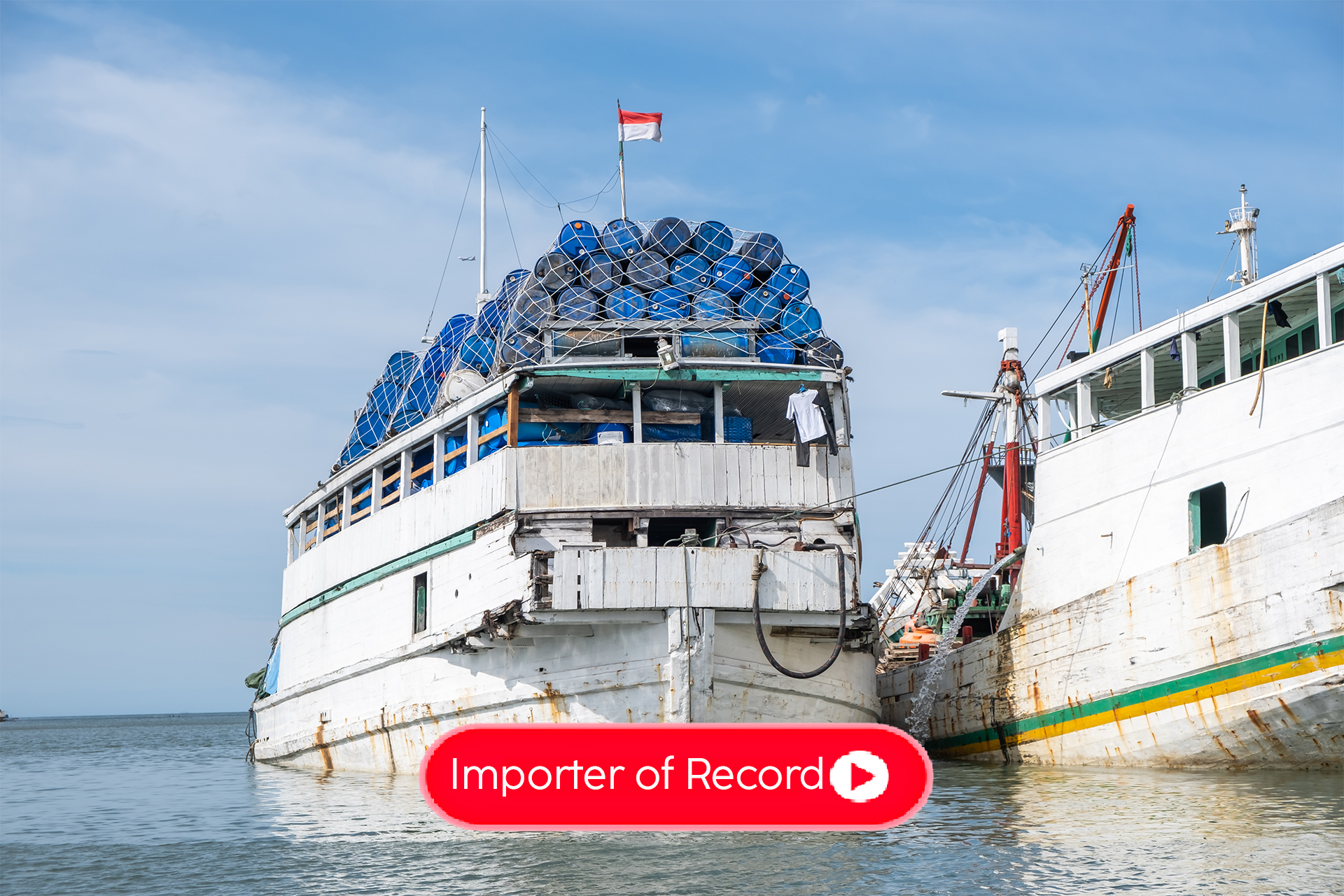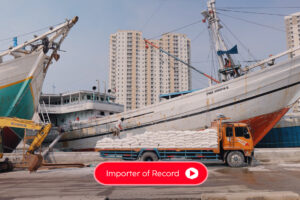The government has recently introduced a fresh set of regulations concerning the importation of goods into Indonesia. These new import process regulations, effective as of today, October 17, 2023, are perceived to have a twofold purpose – safeguarding the interests of domestic Micro, Small, and Medium Enterprises (MSMEs) and advancing the nation’s economic autonomy. But what do these regulations encompass?
In a move widely reported across the board, the Ministry of Finance and the Ministry of Trade have set in place a revamped framework for the importation process of goods into Indonesia, marking the dawn of a new era on Tuesday, October 17, 2023. These regulations are not mere happenstance; they stem from President Joko Widodo’s directive to curtail the importation of consumer goods. Furthermore, these rules are seen as a shield for local MSMEs. This is especially salient considering that the conveyance of consumer goods through the Electronic System Trading Provider (Penyelenggara Perdagangan Melalui Sistem Elektronik – PPMSE) indirectly exerts its influence on the MSME landscape.
The crux of the matter lies in the freshly minted Minister of Finance Regulation (PMK) Number 96 of 2023, a comprehensive guideline that delves into Customs, Excise, and Tax regulations pertaining to the Import and Export of Shipped Goods. It’s important to underscore that this regulation represents an evolution from its predecessor, PMK Number 199/PMK.010/2018. This sea change in regulations is overseen by Askolani, the Director-General of Customs and Excise, who has been engaged in active communication with business entities regarding these new statutes.
Furthermore, Askolani elucidates that as soon as the informational outreach has encompassed all corners of the business landscape, they will go public with a granular exposition, encompassing the nitty-gritty of practical implementation, as well as tariff structures.
The Contents of the New Import Process Regulations
It’s pertinent to note that the wheels were set in motion when Minister of Finance Sri Mulyani inked her signature on this PMK on September 15, 2023. The official proclamation came on September 18. Initially, the slated commencement date for these regulations was set at 60 days post-proclamation, pegging it at November 17, 2023. However, in an unprecedented twist, the Ministry of Finance decided to fast-track the adoption to October 17, 2023.
One of the focal points of these regulations orbits around the mandatory partnership between online retailers, marketplaces, or Electronic System Trading Providers (PPMSE) and the Directorate General of Customs and Excise when the quantum of imported shipments surpasses 1,000 items within a single calendar year. In a bygone era, this partnership was regarded as optional, not obligatory.
The collaboration, as spelled out in the regulation, pivots around the exchange of electronic catalog (e-Catalog) and electronic invoice (e-Invoice) data for goods in transit via PPMSE. This data handshake occurs through the Electronic Data Exchange (SKP).
The e-Catalog, at the very minimum, must encompass data facets like the PPMSE’s nomenclature, the seller’s identity, item descriptions, item codes, item categories, item specifications, country of origin, unit of measurement, item prices conforming to Incoterms Delivery Duty Paid (DDP) specifications, effective price initiation dates, currency denominations, and Uniform Resource Locator (URL) links to the respective items.
On the other hand, the e-Invoice should encompass, at the very least, the PPMSE’s designation, the recipient’s title, the e-Invoice’s serial number, the date of e-Invoice issuance, the specifics of the items, the item codes, the item quantities, the item units of measurement, the item prices in accordance with Incoterms DDP specifications, currency types, exchange rates, valuations, types, and the entities providing promotions, if applicable, URL links to the items, and the recipient’s contact details.
Furthermore, the price data section of the regulation stipulates a comprehensive breakdown, including item prices in compliance with Free on Board (FOB) Incoterms, insurance coverage, the transportation costs or shipping expenses from the point of origin to the entry point, import duties and taxes, and sundry other ancillary costs. The overarching objective here is to equip Customs and Excise with the knowledge to ascertain the actual value of the shipped goods.
Benefits of the New Import Process Regulations
The true essence of these regulations lies in the multitude of advantages they offer. First and foremost, these regulations are envisioned to establish a bulwark for Micro, Small, and Medium Enterprises (MSMEs) within the nation. The driving force behind this shield is the reduction in the importation of consumer goods, which, in turn, creates a more level playing field for MSMEs in the local market.
The potential emergence of more competitively priced local products is poised to empower MSMEs, facilitating their growth and expansion. Beyond fortifying MSMEs, these regulations chart a course toward bolstering Indonesia’s economic self-sufficiency. By diminishing reliance on imported consumer goods, the nation can recalibrate its focus towards domestic production and consumption, thereby invigorating the wheels of domestic economic growth.
Another compelling advantage lies in the stabilization of prices in the domestic market. The reduction in competition from imported goods can lend a stabilizing influence to the prices of locally manufactured products, which is an unequivocal boon for consumers.
Moreover, these regulatory changes serve as a catalyst for the increase in the production of consumer goods within the national borders. This heightened domestic production can create a slew of fresh employment opportunities, acting as a shot in the arm for the manufacturing sector in Indonesia.
In summation, these regulations represent a decisive stride towards a more robust control over the national trade balance and a palpable reduction in the trade deficit. This can potentially serve as a linchpin for preserving the stability of the national economy while concurrently reducing the dependence on imported consumer goods.



 20% off today. Whatsapp us!
20% off today. Whatsapp us!